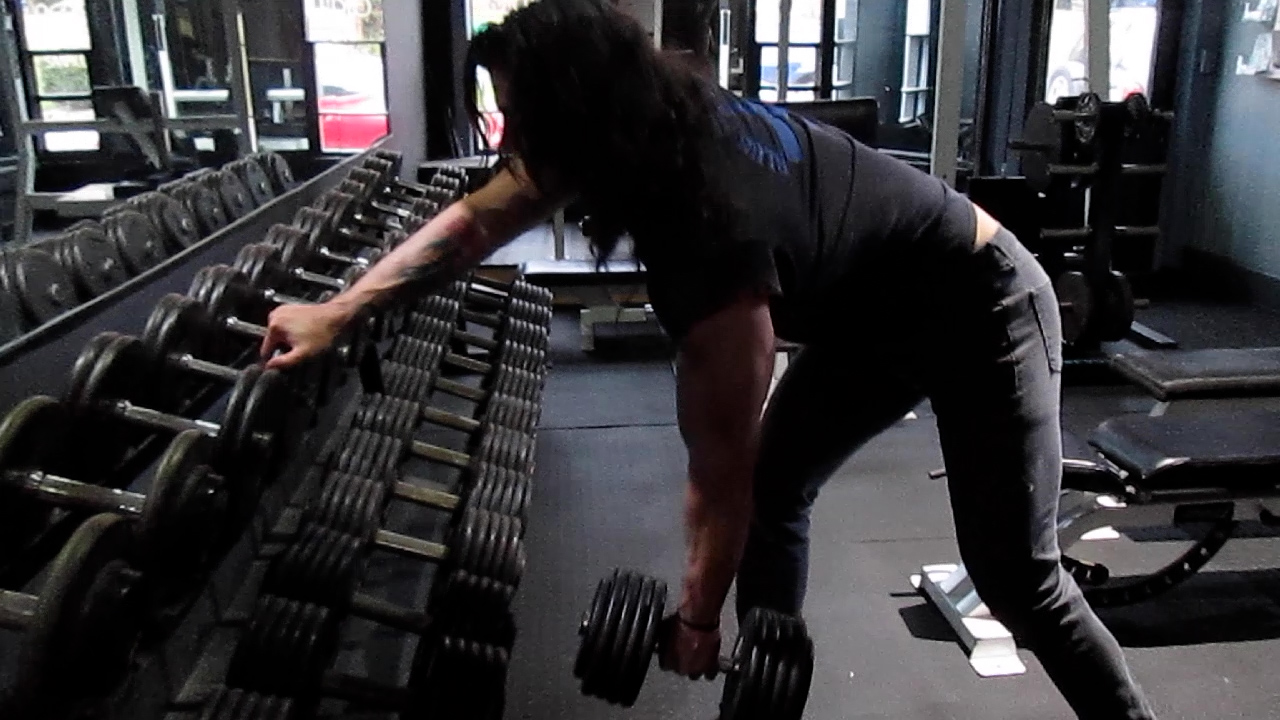
Overview
People tend to neglect the benefits of getting enough sleep during the night and won’t pay attention to their sleep habits until it’s too late.
Sleep is important for many of the body’s physiological processes, including:
In this article, we are going to dig deeper into some of the benefits of getting enough sleep. After that, we’ll cover the side effects of not getting enough sleep. But first, let us talk about the circadian rhythm.

The circadian rhythm refers to a 24-hour (almost) cycle that regulates sleep based on external output (i.e., light).
The primary function of this biological clock is to control the sleep-wake cycle by secreting an important hormone known as melatonin, which is responsible for inducing drowsiness and sleep.
Alongside the circadian rhythm, different parts of the brain (e.g., the hypothalamus) work in synchrony to follow the instructions of our biological clock in order to induce sleep or wakefulness.
When the circadian rhythm is working properly, it promotes consistent, restorative, and refreshing sleep. However, any disruption to this clock leads to dire consequences, including insomnia, hypersomnia (i.e., excessive sleep), and other advanced/delayed phase disorders.
This is why when you engage in certain social activities, exercise, or experience extreme temperatures, the master clock (suprachiasmatic nucleus) might get confused, disrupting your sleep-wake cycle.
The circadian rhythm responds to an area of the brain known as the circadian pacemaker located in the suprachiasmatic nucleus (SCN). This is a group of cells that are part of the hypothalamus gland. At different times of the day, this nucleus sends electrical and biochemical signals to the body to regulate all sorts of sleep or wakefulness activities.
The primary factor that triggers the function of this nucleus is light that comes from the external environment.
Generally speaking, when light hits certain receptors inside the eye, the master clock sends signals to generate a state of alertness to keep you awake.
As light becomes dimmer, the production of melatonin skyrockets, which exerts its action on several parts of the brain, leading to a general feeling of drowsiness.
As you probably guessed, the mechanism of action of the circadian rhythm makes it susceptible to numerous issues, which leads to sleep disorders (e.g., insomnia).
In the absence of the master clock’s signaling (i.e., the sufficient production of melatonin), the person may find it extremely challenging to fall asleep or experience shallow, fragmented, and poor sleep quality.
Moreover, studies found that a disrupted circadian rhythm increases the risk of obstructive sleep apnea, where the patient goes through repeated pauses of breathing during the night.
Depending on the etiology (i.e., underlying cause), the disruption of the biological clock could occur for a short or a long period. Researchers refer to these conditions as circadian rhythm sleep-wake disorders (CRSWDs).
Some of these conditions include:
Now that we’re familiar with the general function of the circadian rhythm, let’s briefly discuss the most common types of sleep disorders:
You may have noticed that you are sleeping extra hours during the night, only to stay in bed all day long.
At first glance, it may seem like you’re just getting some rest because you feel tired. However, oftentimes, hypersomnia is a subtle sign of sleep abnormalities.
Therefore, just like you are keeping track of your workouts and diet, you may want to pay more attention to your sleep schedule.
For most people, insomnia is synonymous with difficulty falling asleep; however, the Diagnostic and Statistical Manual of Psychiatric Disorders V (DSM-V) classifies both insufficient sleep and difficulty maintaining it as types of insomnia.
Here are some signs and symptoms associated with insomnia:
The most common type of this disorder is acute insomnia, which lasts for several nights to weeks and can often be attributed to certain life events, such as stress and anxiety (e.g., upcoming competition).
On the other hand, we have chronic insomnia, which must occur at least 3 nights a week for longer than 3 months to be eligible for this definition.
Chronic insomnia is challenging to deal with, especially since the underlying cause is usually unidentified.
Helps with weight loss
The connection between poor sleep and obesity has been established in multiple clinical trials and studies.
In fact, one meta-analysis found that individuals who sleep for shorter hours are at a higher risk of becoming obese in the future.
Moreover, sleep-deprived individuals report having an increased appetite, which is most likely due to the action of sleep on regulating hunger-suppressing hormones, such as ghrelin and leptin.
Improves your memory
Getting enough sleep during the night is crucial for the normal functioning of your memory. Sleep helps the brain perform what’s known as ‘memory consolidation’.
As you may know, we have two types of memories: short-term memory and long-term memory. All the information that we receive during the day gets encoded in our short-term memory. However, if we want this information to stick, it needs to be transferred to the long-term memory – this process usually occurs during sleep.
This is the reason researchers don’t recommend pulling an all-nighter before the exam, as most of the information you study is going to be lost.
Controls your stress and improves your mood
Sleep deprivation causes an active state of vigilance.
This will trigger the fight or flight system (sympathetic nervous system), resulting in the release of stress hormones, such as epinephrine and cortisol.
In conclusion, you will spend the next day stressed and in a bad mood.
Improves the look of your skin
The National Sleep Foundation states that sleep restriction precipitates skin inflammation and flare-ups of certain dermatological conditions (e.g., psoriasis, atopic dermatitis, eczema).
It can also accelerate age-related skin changes, such as wrinkles and sagging skin.
So, it goes without saying that sleeping sufficient hours will help you get the glowing skin you’ve always dreamed of.
Sleeping for less than 6 hours could have negative effects on your physical performance.
Based on an investigation, sleep deprivation could reduce the time it takes to exhaustion by as much as 30%. In other words, if you normally run for 30 minutes before feeling tired, not sleeping enough can shorten this duration to 20 minutes or less.
Moreover, sleep deprivation lowers the strength of your muscles and your ability to exchange gases with the surrounding environment (CO2 will take longer to get out of your body), negatively affecting the sweat response.
One study discovered a linear correlation between the number of hours spent resting and the risk of physical injuries. If an athlete sleeps less than 6 hours a day, their risk of getting injured is approximately 80% during one season. This risk drops to 15% if they sleep for 9 hours per day
Healthy sleep offers a myriad of benefits that cover your mental and physical well-being. Make sure to sleep for 7–9 hours every night and don’t forget to pay attention to your sleep environment.
We hope that this article helped you appreciate the value of healthy sleep and how it optimizes your health.


